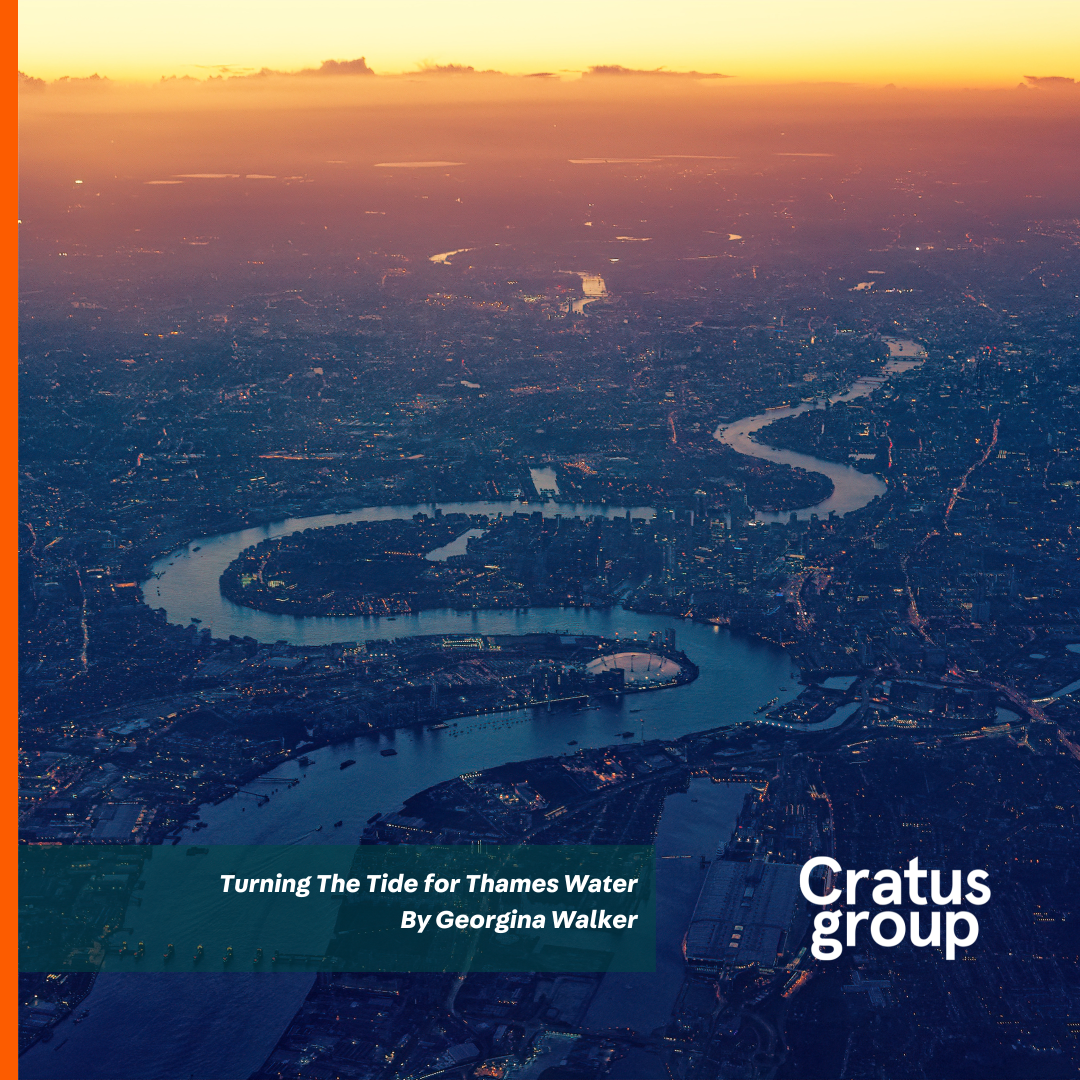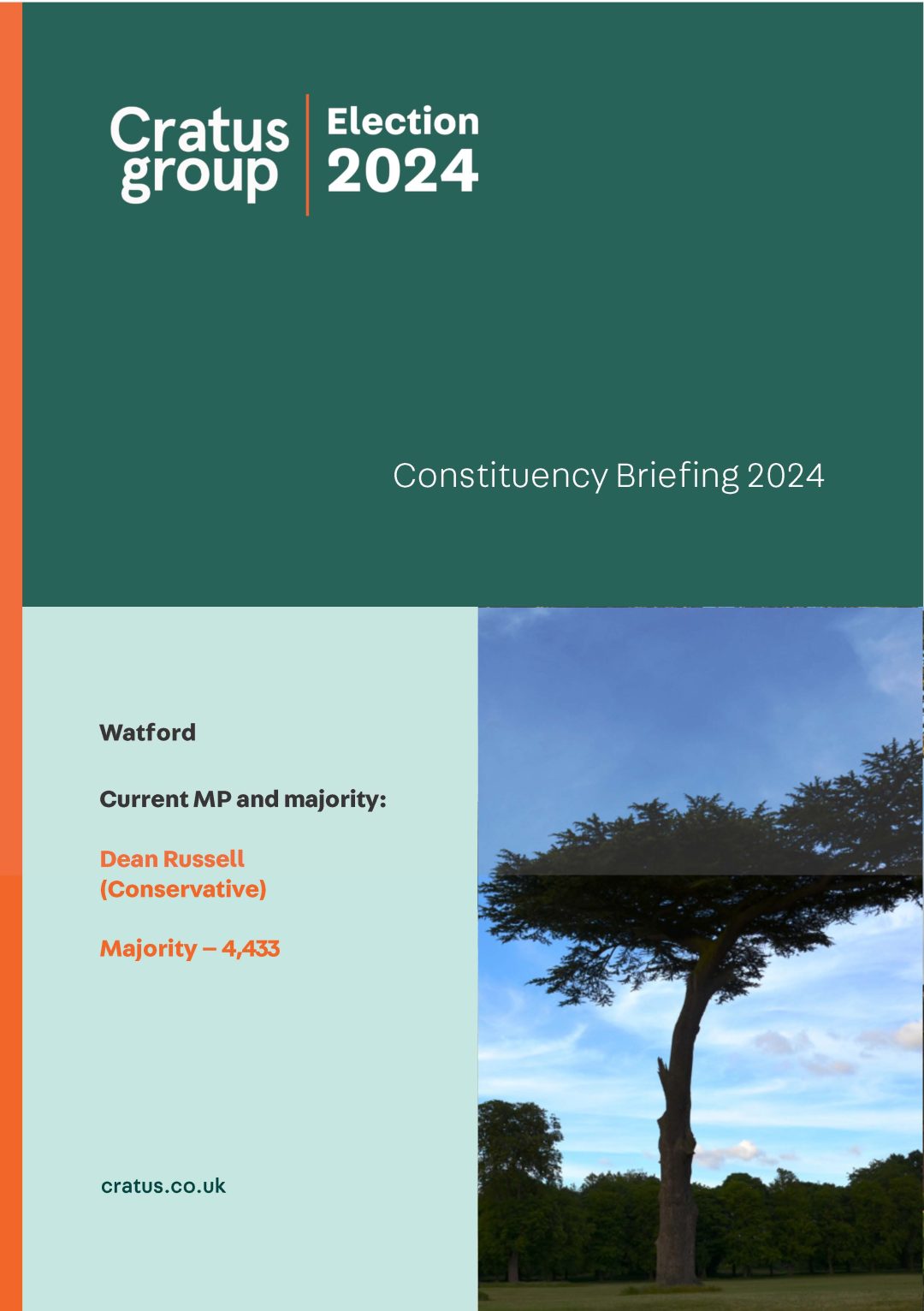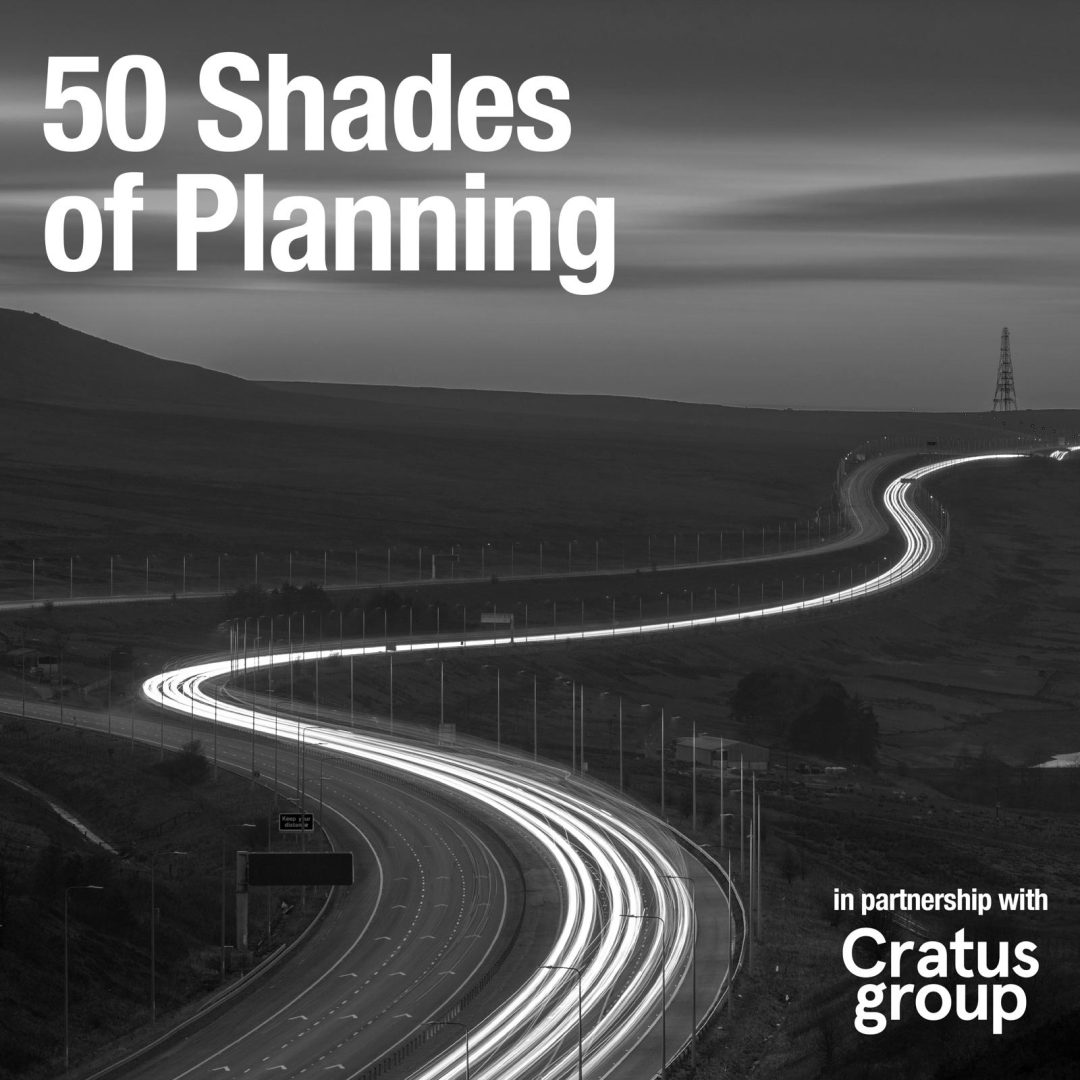Boris, Housing and Labour’s Dichotomy
Two issues should be borne in mind when considering the emergence of Boris Johnson. First, what he plans to do with Brexit and second, governing beyond Brexit. Although Johnson has been desperate for Number 10, no one had that much ambition to want to pick up the ashes of the Brexit debacle.
Beyond Brexit, whatever that may bring, lies a General Election. If he cannot sort Brexit, it may come earlier.
While many of the Cabinet are EU leavers, it is worthwhile looking beyond the confines of Brexit. Why so many leavers and what do they mean?
An odd pairing is to be found at MHCLG, where Robert Jenrick, with no appreciable experience of local government is placed in charge. His number two is Esther McVey, (who ran her leadership campaign around blue collar Tories) whose appointment seems likely to create an agenda around housing to meet the short-term aspirations of working class voters.
I would be astonished if her appointment to this role was not accompanied by proposals to create a Right to Buy for tenants of Housing Associations.
Getting Brexit out of the way (appeasing many working-class voters) will presage echoes of a Thatcherite agenda, based around appealing to the white working class.
Those with shorter memories will see parallels with Donald Trump. The real template is the 1980s and Margaret Thatcher.
There have been echoes of this in Johnson’s statements. Tax cuts for the wealthier citizens (a nod to ‘trickle down’ economics), a rejection of ‘sin’ taxes (watch the next budget for cigarette and alcohol duties), an additional 20,000 extra police officers (as yet unfunded) and perhaps, the expansion of Right to Buy for tenants of Housing Associations.
It may be somewhat stereotypical to brand the white working class as readily as seemed possible in the 1980s but being tough on crime, providing low cost home ownership, tax cuts and reducing duties on ‘beer and fags’ have always worked well with what we used to call the C2 voters (think, white van man).
The sale of council houses precipitated the lack of housing we have today. Public sector house building collapsed as precipitously as the extinction of the dinosaurs and its effects are still with us today.
The enforced sale of Housing Association properties will impact the market in major ways and further increase the shortage of affordable rented housing. But it will, almost certainly, provide a short-term electoral advantage.
If this does occur, we can imagine Labour local authorities demanding ever more innovative solutions to work round this.
For Labour, an agenda focused on white working-class aspiration, perfectly challenges the Old/New Labour divide.
A considered Labour response would adopt an ‘embrace and replace’ agenda in respect of any move to enforce Housing Association sales but whether Labour’s present leadership is smart enough to learn from history, we may be about to see.
If Labour falls into the trap of opposing white working-class aspiration, as it did in the 1980s, it could easily face another decade out of power.
Given all of the above, how realistic is a General Election? If Johnson cannot deliver Brexit, or prorogue Parliament to do so, it might come sooner, rather than later.
However, if he can get some form of Brexit through and make some populist announcements, an election next May, may well be in the offing. No Tory, post-delivery of Brexit, can fear an election against Jeremy Corbyn.
Labour will also want an election. Those who support Corbyn continue to believe there is a groundswell of voters ready to embrace him. Those who oppose him, just want to get this phase of Labour’s history done and dusted, so why wait to 2022?
So, we may well be in for something which looks like a repeat of the 1980s. If that is the case, it is worth bearing in mind the words of the philosopher, “History repeats itself but each time the price goes up”.







